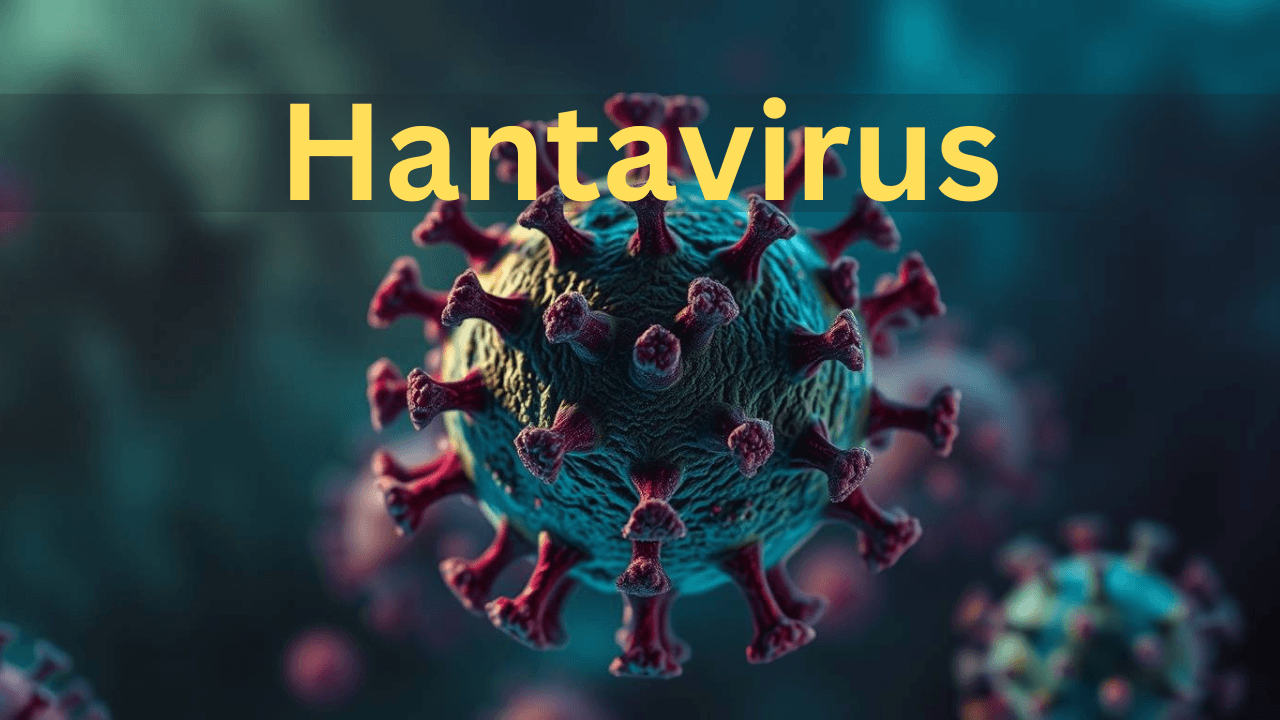What is Hantavirus?
Hantavirus is a rare but potentially deadly virus transmitted primarily by rodents. It can cause Hantavirus Pulmonary Syndrome (HPS) in humans, a severe respiratory disease that can be fatal if not treated promptly. First identified in the U.S. in 1993, Hantavirus continues to pose a health risk, especially in rural and wooded areas.
How is Hantavirus Transmitted?
Humans typically contract Hantavirus by inhaling airborne particles of rodent urine, droppings, or saliva. Here’s how transmission can occur:
- Cleaning rodent-infested spaces (garages, sheds, cabins)
- Breathing in dust contaminated with rodent waste
- Direct contact with rodents or their excrement
- Rodent bites (less common)
It’s important to note that Hantavirus is not transmitted from person to person in most strains, though rare exceptions exist in South America.
Symptoms of Hantavirus Infection
Symptoms usually appear 1 to 8 weeks after exposure and can progress rapidly. Early signs often resemble the flu:
- Fever
- Fatigue
- Muscle aches (especially in the hips, back, and thighs)
- Headache
- Dizziness
- Chills
- Abdominal pain, nausea, vomiting, or diarrhea
As the illness progresses, it can develop into Hantavirus Pulmonary Syndrome (HPS), with serious symptoms like:
- Coughing
- Shortness of breath
- Fluid in the lungs
- Low blood pressure
- Acute respiratory distress
HPS has a mortality rate of approximately 38%, making early medical attention crucial.
Who Is Most at Risk?
While anyone exposed to rodent-infested environments can contract Hantavirus, higher-risk groups include:
- Farmers and ranchers
- Campers and hikers
- Construction and utility workers
- People cleaning vacant buildings or sheds
Hantavirus Prevention Tips
Preventing exposure to rodents is the best way to avoid infection. Here are practical steps you can take:
1. Rodent-Proof Your Home
- Seal holes and gaps in walls, doors, and floors
- Store food in rodent-proof containers
- Keep garbage covered and dispose of it regularly
2. Practice Safe Cleaning
- Do not sweep or vacuum rodent droppings (this can stir up particles)
- Spray contaminated areas with disinfectant and wait 5 minutes before wiping
- Wear gloves and a mask when cleaning rodent-infested areas
3. Stay Cautious Outdoors
- Avoid disturbing rodent nests
- Store firewood away from your home
- Use tents and gear free from rodent exposure
When to Seek Medical Help
If you develop flu-like symptoms after exposure to rodent environments, especially if breathing becomes difficult, seek medical attention immediately. Early intervention can be lifesaving.
Final Thoughts
While Hantavirus is rare, its high mortality rate makes awareness and prevention essential. By understanding the risks and taking proactive steps, you can significantly reduce your chances of infection.
Stay informed, stay safe, and take control of your environment.
Frequently Asked Questions (FAQ) About Hantavirus
1. Can Hantavirus be cured?
There is no specific cure for Hantavirus. However, early detection and hospitalization can significantly improve survival rates. Supportive care, including oxygen therapy and intensive care, is often required in severe cases.
2. Is Hantavirus contagious from person to person?
In most cases, no. The strain of Hantavirus found in North America does not spread between humans. However, some rare strains in South America have shown limited person-to-person transmission.
3. What are the first signs of Hantavirus infection?
Early symptoms include fatigue, fever, muscle aches, and flu-like symptoms. These can quickly progress to difficulty breathing and fluid in the lungs if left untreated.
4. Where is Hantavirus most commonly found?
Hantavirus is typically found in rural or semi-rural areas, especially in regions with a high rodent population. In the United States, it is more common in the Southwest but has been reported in multiple states.
5. How long does Hantavirus live in the environment?
Hantavirus can survive in rodent droppings and urine for a few days, especially in dry, undisturbed areas. That’s why it’s important to disinfect and clean areas thoroughly before sweeping or vacuuming.
6. What type of mask should I wear while cleaning rodent-infested areas?
Use an N95 respirator or higher when cleaning up rodent-infested spaces, especially in areas with poor ventilation or high risk of exposure.
7. How can I tell if my home has rodents?
Common signs include:
- Droppings
- Gnaw marks
- Scratching noises at night
- Nests made from paper or fabric
- Strong musky odors
8. Are pets at risk of Hantavirus?
While pets can potentially carry infected rodents into the home, dogs and cats are not known to contract or spread Hantavirus themselves.




